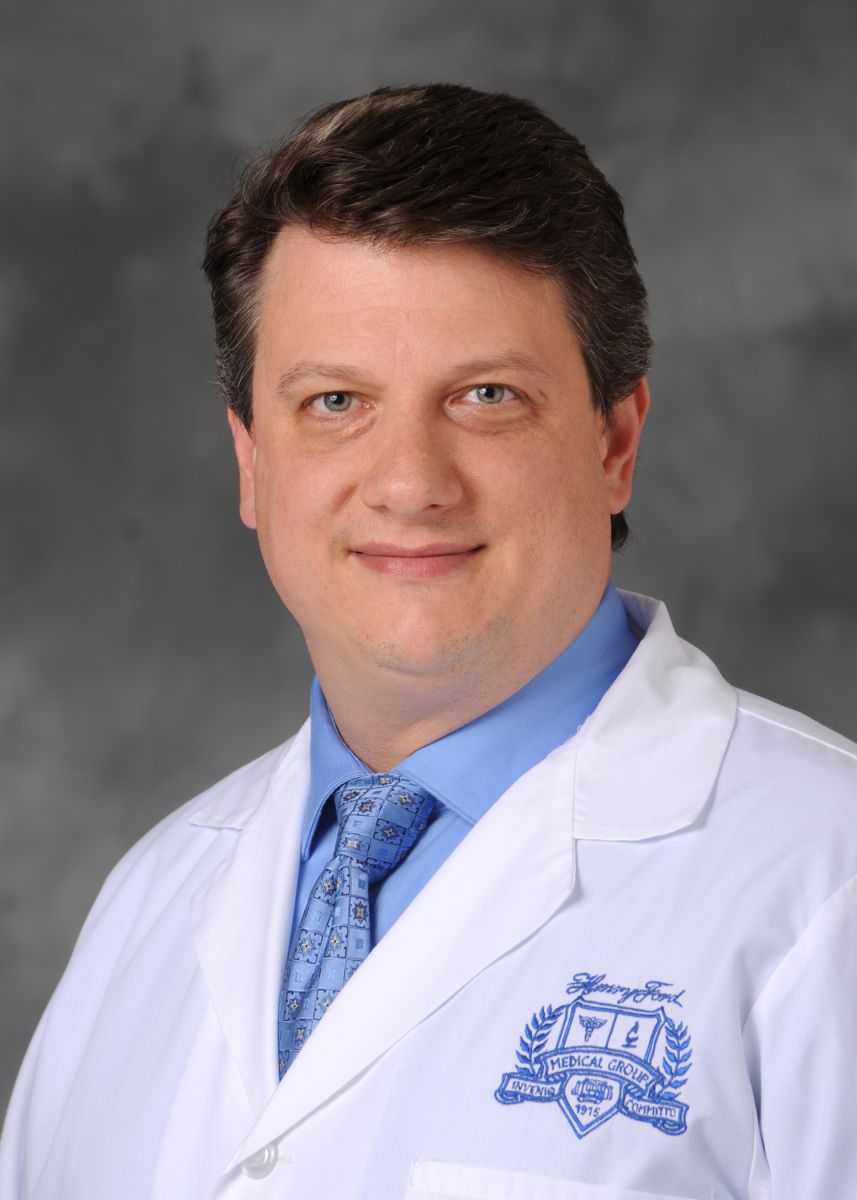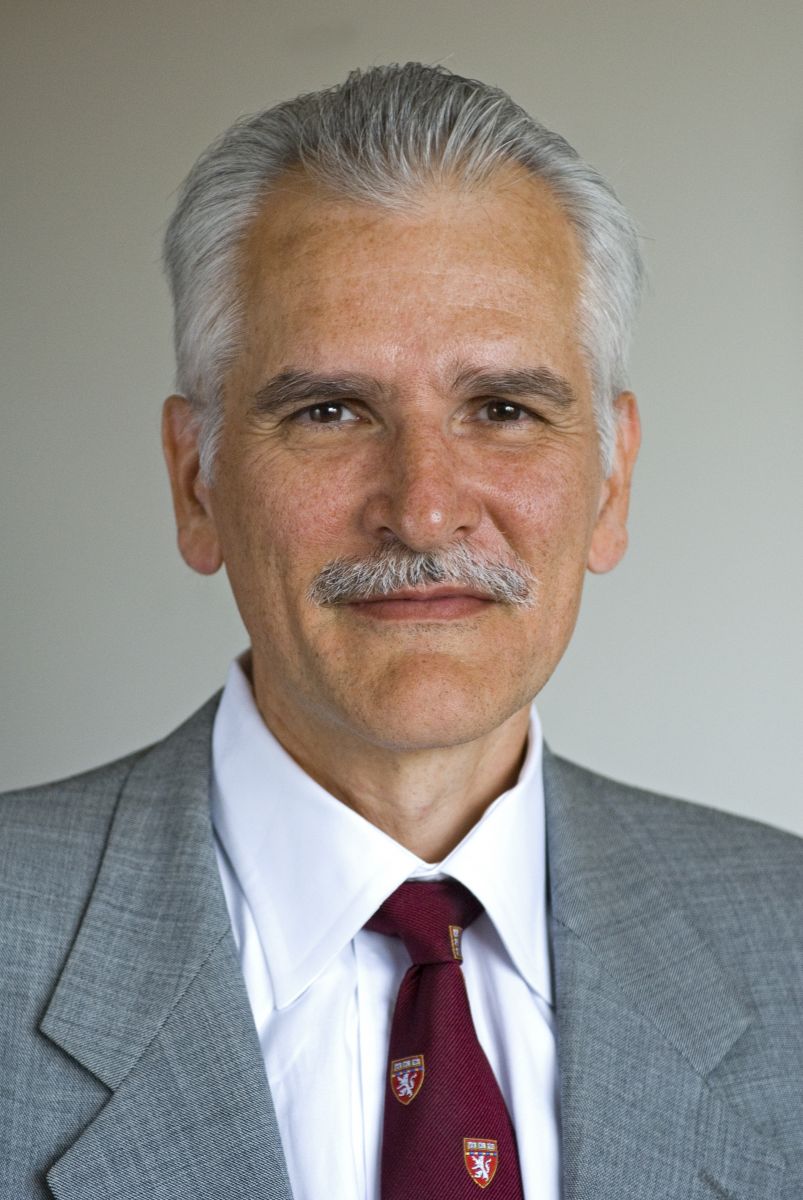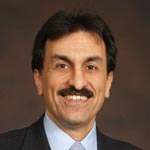A Practical Approach to the Appropriate Diagnosis and Management of Shift Work Disorder
Neurology
Curriculum:
A Practical Approach to the Appropriate Diagnosis and Management of Shift Work Disorder
A Practical Approach to the Appropriate Diagnosis and Management of Shift Work Disorder
Credits:
1 AMA PRA Category 1 Credit(s) ™
1 AMA PRA Category 1 Credit(s) ™
Launch Date:
June 03, 2014
June 03, 2014
Expiration Date:
The accreditation for this activity has expired.
The accreditation for this activity has expired.
Primary Audience:
Neurologists, Psychiatrists, Sleep Clinicians, Primary Care Physicians
Relevant Terms:
Shift Work Disorder, Sleep Disorders
Christopher L. Drake, PhD
Christopher L. Drake, PhD
Bioscientific Staff
Henry Ford Hospital Sleep Disorders and Research Center
Associate Professor
Department of Psychiatry and Behavioral Neuroscience
College of Medicine
Wayne State University
Detroit, MI
Bio

Christopher L. Drake, PhD, is Senior Bioscientific Staff at Henry Ford Hospital Sleep Center and Associate Professor of Psychiatry and Behavioral Neurosciences, School of Medicine, Wayne State University. Dr. Drake is a licensed clinical psychologist, board-certified in sleep medicine and a fellow of the American Academy of Sleep Medicine. Dr. Drake's research interests are focused on human sleep research with an emphasis on the factors that predispose individuals to sleep disorders broadly, and insomnia and shift work disorder specifically. He is an Associate Editor of the journal Sleep, and serves on the Editorial Board of Behavioral Sleep Medicine. Dr. Drake is currently the Chairman of the National Sleep Foundation.
Charles Czeisler, MD, PhD, FRCP
Charles Czeisler, MD, PhD, FRCP
Baldino Professor of Sleep Medicine
Chief, Division of Sleep and Circadian Disorders
Brigham and Women's Hospital
Director, Division of Sleep Medicine
Harvard Medical School
Boston, MA
Bio

Charles A. Czeisler, MD, PhD, is the Baldino Professor of Sleep Medicine, Director of the Division of Sleep Medicine at Harvard Medical School and Chief of the Division of Sleep Medicine in the Department of Medicine at Brigham and Women's Hospital in Boston, Massachusetts. Dr. Czeisler has more than 30 years of experience in the field of basic and applied research on the physiology of the human circadian timing system and its relationship to the sleep-wake cycle including the application of sleep science and sleep medicine to occupational medicine/health policy. He is interested in the physiology of the hypothalamic circadian pacemaker in humans, photic and non-photic synchronizers of the human circadian pacemaker, temporal dynamics in neuroendocrine systems, homeostatic and circadian factors in the regulation of sleep and alertness, and the application of circadian physiology to occupational medicine/health policy, particularly as it relates to the extended duration work shifts and long work weeks.
Paul P. Doghramji, MD, FAAFP
Paul P. Doghramji, MD, FAAFP
Collegeville Family Practice
Pottstown Medical Specialists
Medical Director of Health Services
Ursinus College
Collegeville, PA
Bio

Paul Doghramji, MD, past present co-Chair for the National Sleep Foundation's Sleep and Health Safety Course, has been devoted to sleep science and education for almost three decades. He received his medical degree from Jefferson Medical College in 1982, then completed his residency in family practice at Chestnut Hill Hospital in 1985. He has published over fifty papers in peer-reviewed journals, and is co-author of the text Clinical Management of Insomnia. He is a member of the American Academy of Family Physicians, and the Pennsylvania Academy of Family Physicians. He is a fellow of the American Academy of Family Physicians. He has received the American Medical Association's Physician Recognition Award eight times. He is currently practicing full-time family practice in the Collegeville Family Practice group and is also Medical Director of Health Services at Ursinus College in Collegeville, PA.
| 1. | Identify and diagnose shift work disorder based on specific symptoms and in accordance with recognized guidelines | 2. | Implement appropriate management strategies for SWD, including pharmacologic and nonpharmacologic interventions, while considering the potential for comorbid sleep disorders |
| 3. | Describe and institute mechanisms for assessing and ensuring optimal outcomes for patients with SWD that can be easily applied in a clinical setting |
| 1. | Identify and diagnose shift work disorder based on specific symptoms and in accordance with recognized guidelines |
| 2. | Implement appropriate management strategies for SWD, including pharmacologic and nonpharmacologic interventions, while considering the potential for comorbid sleep disorders |
| 3. | Describe and institute mechanisms for assessing and ensuring optimal outcomes for patients with SWD that can be easily applied in a clinical setting |
Statement of Accreditation - Physicians
This activity has been planned and implemented in accordance with the Essential Areas and policies of the Accreditation Council for Continuing Medical Education through the joint sponsorship of the Atlanta School of Sleep Medicine and Technology and RMEI, LLC. The Atlanta School of Sleep Medicine and Technology is accredited by the ACCME to provide continuing medical education for physicians.
Designation of Credit
The Atlanta School of Sleep Medicine and Technology designates this enduring material for a maximum of 1.0 AMA PRA Category 1 Credit(s)™. Physicians should claim only the credit commensurate with the extent of their participation in the activity.
This activity has been planned and implemented in accordance with the Essential Areas and policies of the Accreditation Council for Continuing Medical Education through the joint sponsorship of the Atlanta School of Sleep Medicine and Technology and RMEI, LLC. The Atlanta School of Sleep Medicine and Technology is accredited by the ACCME to provide continuing medical education for physicians.
Designation of Credit
The Atlanta School of Sleep Medicine and Technology designates this enduring material for a maximum of 1.0 AMA PRA Category 1 Credit(s)™. Physicians should claim only the credit commensurate with the extent of their participation in the activity.
General Disclosures:
It is the policy of the Atlanta School of Sleep Medicine and Technology to ensure balance, independence, objectivity, and scientific rigor in all its educational activities. All faculty participating in programs sponsored or jointly sponsored by the Atlanta School of Sleep Medicine and Technology are expected to disclose to the program audience any real or apparent conflict(s) of interest related to the content of their presentation(s). All slides and case-based material in this presentation have been subject to peer review to ensure independence of medical content. The content reviewer, Heidi Riney, MD, Diplomate, ABPN – Sleep Medicine, has no relevant financial relationships to disclose.
DISCLOSURE OF CONFLICTS OF INTERESTThe planners, managers and faculty reported the following financial relationships or relationships to products or devices they or their spouse/life partner have with commercial interests related to the content of this CME activity:
Faculty Disclosures
- Christopher L. Drake, PhD, has affiliations with Merck and Co., and Teva Pharmaceuticals (Consulting); Merck and Co., and Teva Pharmaceuticals (Research); and Teva Pharmaceuticals (Speakers' Bureau).
- Charles A. Czeisler, MD, PhD, FRCP, has affiliations with Cephalon, Inc., Philips Electronics, N.V., Novartis, Purdue Pharma Vanda Pharmaceuticals, Inc., and Zeo Inc. (Advisory/Consulting); Cephalon, ResMed, and Philips Respironics (Research); Philips Respironics, Inc. (Royalties); Associated Professional Sleep Societies, Harvard School of Public Health, Japan Society for Occupational Health, and University of Washington (Speakers' Bureau); and Lifetrac, Inc., Somnus Therapeutics, Inc., and Vanda Pharmaceuticals, Inc. (Stockholder).
- Paul P. Doghramji, MD, has affiliations with AstraZeneca, Merck and Co., and Teva Pharmaceuticals (Advisory); and Purdue, Takeda, and Teva Pharmaceuticals (Speakers' Bureau).
The planners and managers reported the following financial relationships or relationships to products or devices they or their spouse/life partner have with commercial interests related to the content of this CME activity:
RMEI, LLC
- Jacqui Brooks, MBBCh, MRCPsych, has no affiliations with commercial interests relative to the content to disclose.
- Nora Hartley has no affiliations with commercial interests relative to the content to disclose.
- Cynthia M. Kunzer, CMP, has no affiliations with commercial interests relative to the content to disclose.
- Marie Laney has no affiliations with commercial interests relative to the content to disclose.
Atlanta School of Sleep Medicine and Technology
- Russell Rosenberg, PhD, has no affiliations with commercial interests relative to the content to disclose.
DISCLAIMER
Participants have an implied responsibility to use the newly acquired information to enhance patient outcomes and their own professional development. The information presented in this activity is not meant to serve as a guideline for patient management. Any procedures, medications, or other courses of diagnosis or treatment discussed or suggested in this activity should not be used by clinicians without evaluation of their patient's conditions and possible contraindications on dangers in use, review of any applicable manufacturer's product information, and comparison with recommendations of other authorities.
DISCLOSURE OF UNLABELED USE
This educational activity may contain discussion of published and/or investigational uses of agents that are not indicated by the FDA. The planners of this activity do not recommend the use of any agent outside of the labeled indications.
The opinions expressed in the educational activity are those of the faculty and do not necessarily represent the views of the planners. Please refer to the official prescribing information for each product for discussion of approved indications, contraindications, and warnings.
Estimated time to complete: 1.0 hour
Medium: Internet
Medium: Internet
FEE INFORMATION
There is no fee for this educational activity.
COMMERCIAL SUPPORT
This activity is supported by an independent educational grant from Teva Pharmaceuticals.
HOW TO RECEIVE CREDIT
By reviewing the course content and successfully completing the post-test and evaluation, physicians, nurse practitioners and physician assistants are entitled to receive up to 1.0 AMA PRA Category 1 Credit(s)™. A statement of credit will be available to print from your user history page.
- Read the learning objectives and faculty disclosures.
- Participate in the activity.
- Complete the post-test and activity evaluation.
- Physicians, nurse practitioners and physician assistants who successfully complete the post-test and evaluation will receive CME/CE credit. You must score 65% or higher on the post-test to receive credit for this activity.
- All other participants who successfully complete the post-test and evaluation will receive a certificate of participation.
| Supported Browsers: Internet Explorer 8.0+ for Windows 2000, 2003, Vista, XP, Windows 7, Windows 8 Google Chrome 28.0+ for Windows, Mac OS, or Linux Mozilla Firefox 23.0+ for Windows, Mac OS, or Linux Safari 5.0+ for Mac OSX 10.5 and above For video playback, install the latest version of Flash or Quicktime. | Supported Phones & Tablets: Android 4.0.3 and above iPhone/iPad with iOS 6.1 or above |

